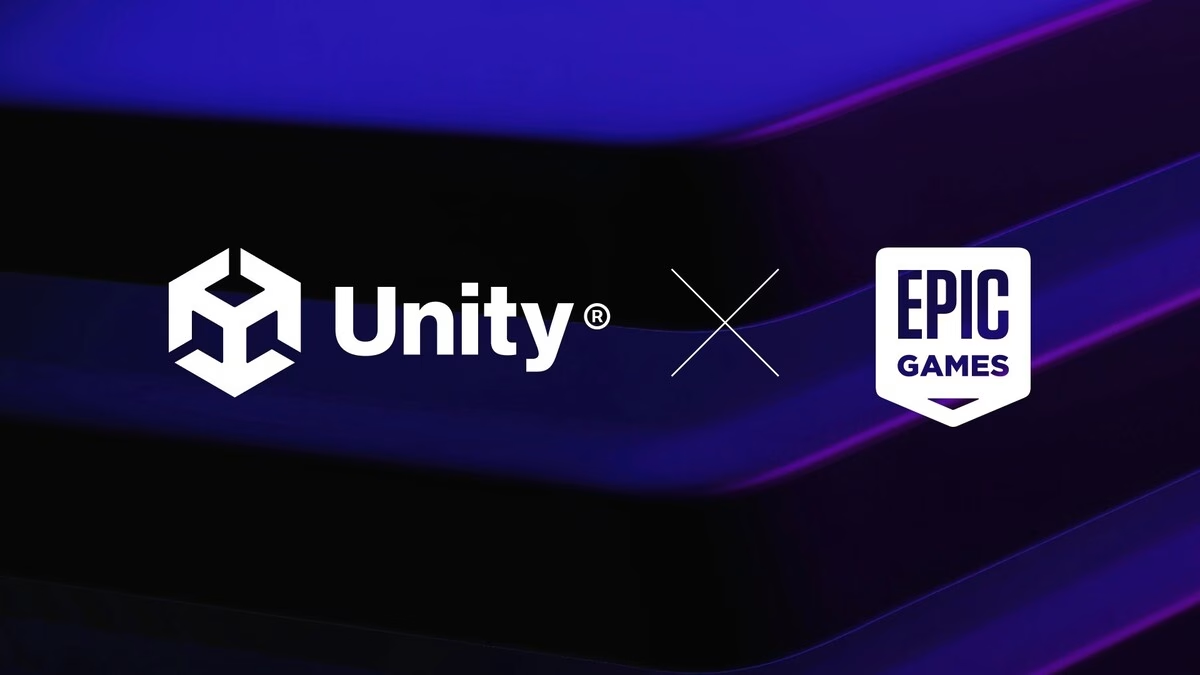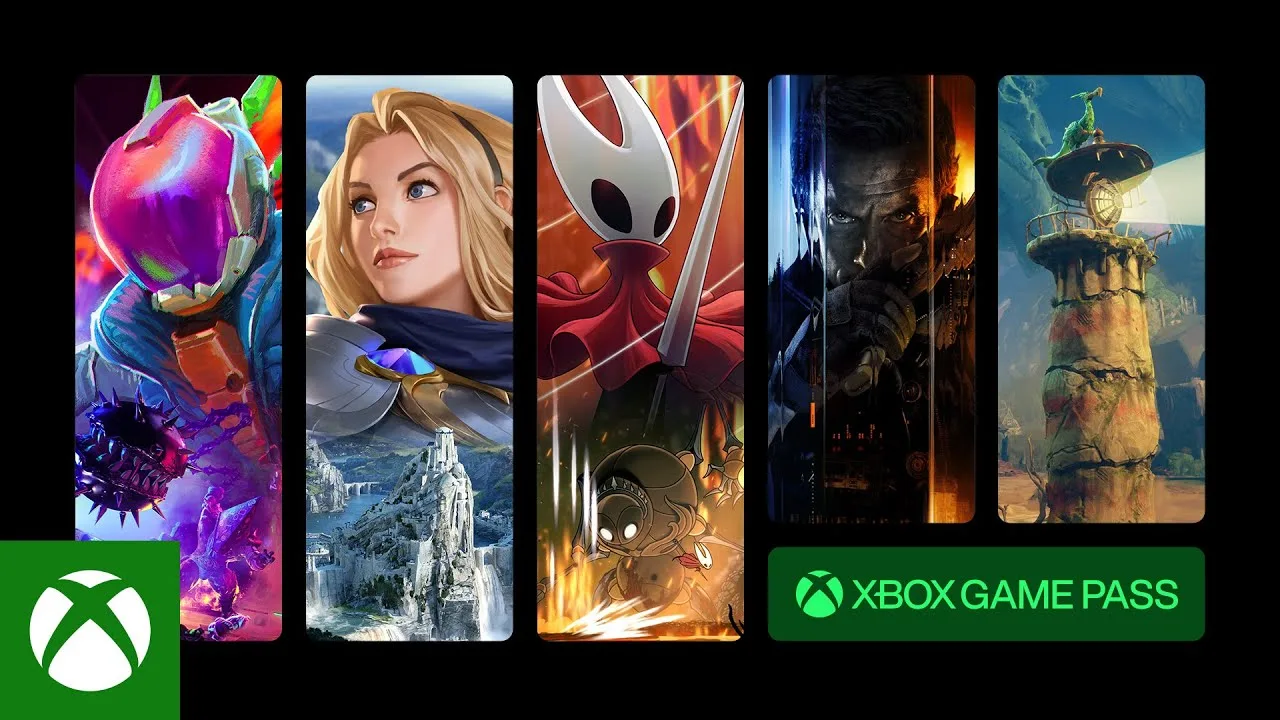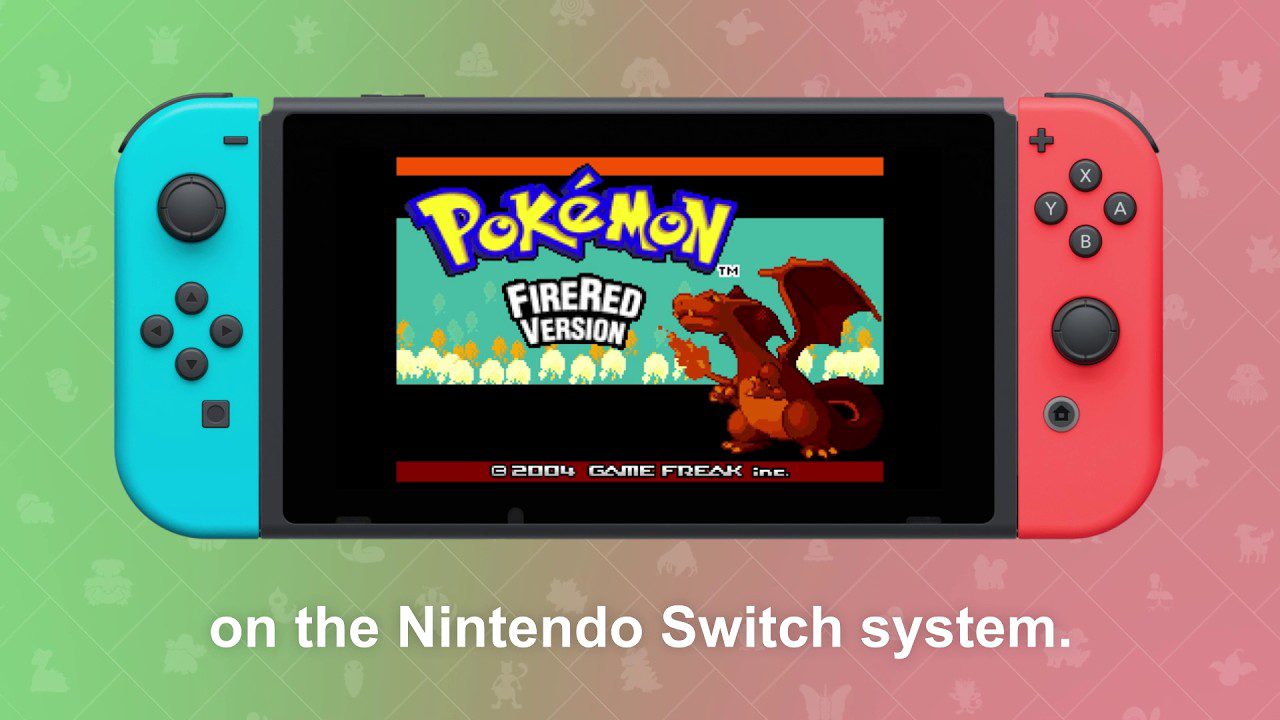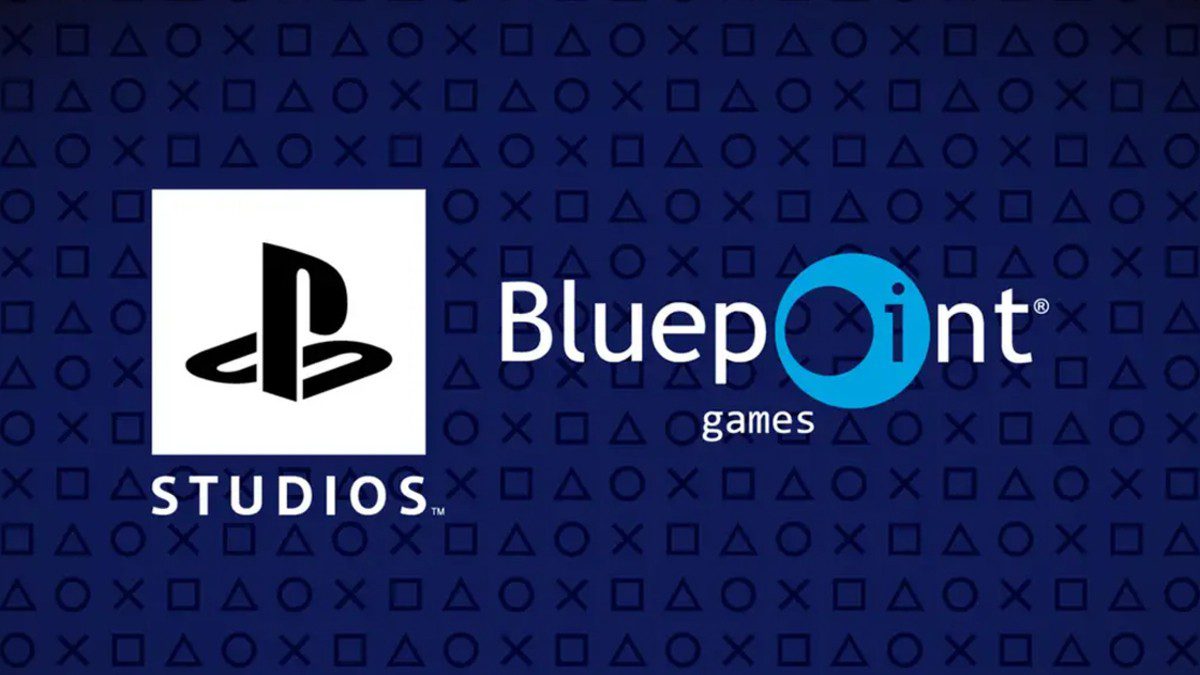Epic Games and Unity have announced a landmark partnership that will allow Unity-developed titles to be published directly inside Fortnite, signaling a major step toward building an open and interoperable metaverse.
During Unity’s annual developer conference Unite, the two companies revealed a partnership that bridges their historically competitive ecosystems. Unity developers will soon be able to publish their games within Fortnite, opening access to one of the largest gaming audiences in the world. In addition, Unity will integrate Unreal Engine support into its platform, enabling developers to manage pricing, promotions, and live operations through Epic’s ecosystem starting in early 2026.
This collaboration is not just about convenience—it represents a philosophical alignment. Both companies emphasize the importance of open systems, interoperability, and fairness in shaping the future of the metaverse.
🎙️ Voices from the Leaders
- Matt Bromberg, Unity CEO and President, stated:
“Choice and open systems create growth for everyone in the gaming ecosystem.”
His words highlight Unity’s commitment to empowering developers with flexibility and reach. - Tim Sweeney, Epic Games CEO, echoed this sentiment:
“Just like the early days of the web, we believe companies need to work together in order to build the open metaverse in a way that’s interoperable and fair.”
Sweeney also noted that the partnership will “greatly expand the developer base”, giving creators new opportunities to succeed.
🔑 Key Features of the Partnership
- Unity titles playable in Fortnite: Developers can bring their Unity-built experiences directly into Fortnite’s ecosystem.
- Unreal Engine integration in Unity tools: Developers gain access to Epic’s pricing, promotions, and live operations management.
- Review process for content: Initially, Fortnite experiences created with Unity or Unreal will undergo review. Over time, Epic envisions a fully open system, where anyone can publish and browse experiences as freely as navigating the web.
- Timeline: Early rollout begins in 2026, with more details on product timing expected later.
🌍 Implications for the Gaming Industry
This partnership is a paradigm shift in how game engines and platforms interact. Traditionally, Unity and Unreal have been rivals, each competing for developer loyalty. By joining forces, they are signaling that the future of gaming—and the metaverse—depends on collaboration rather than competition.
For developers:
- Massive audience reach: Fortnite’s player base offers unparalleled exposure.
- Cross-engine flexibility: Developers can choose Unity or Unreal without sacrificing distribution opportunities.
- Reduced barriers to entry: Smaller studios gain access to tools and audiences previously limited to larger publishers.
For players:
- More diverse experiences: Expect a wider variety of games and interactive content inside Fortnite.
- Seamless discovery: The long-term vision is a metaverse where browsing games feels as natural as surfing the web.
📈 Looking Ahead
The announcement sets the stage for 2026 as a pivotal year in metaverse development. If successful, this collaboration could redefine how developers distribute games, how players discover them, and how platforms interconnect. It also raises intriguing questions about monetization, moderation, and the balance of power between major tech companies in shaping digital ecosystems.
Epic and Unity’s partnership is more than a technical integration—it’s a strategic move to build an open, interoperable metaverse. By enabling Unity games to live inside Fortnite and offering Unreal support within Unity’s ecosystem, the two companies are breaking down barriers and expanding opportunities for developers worldwide.









